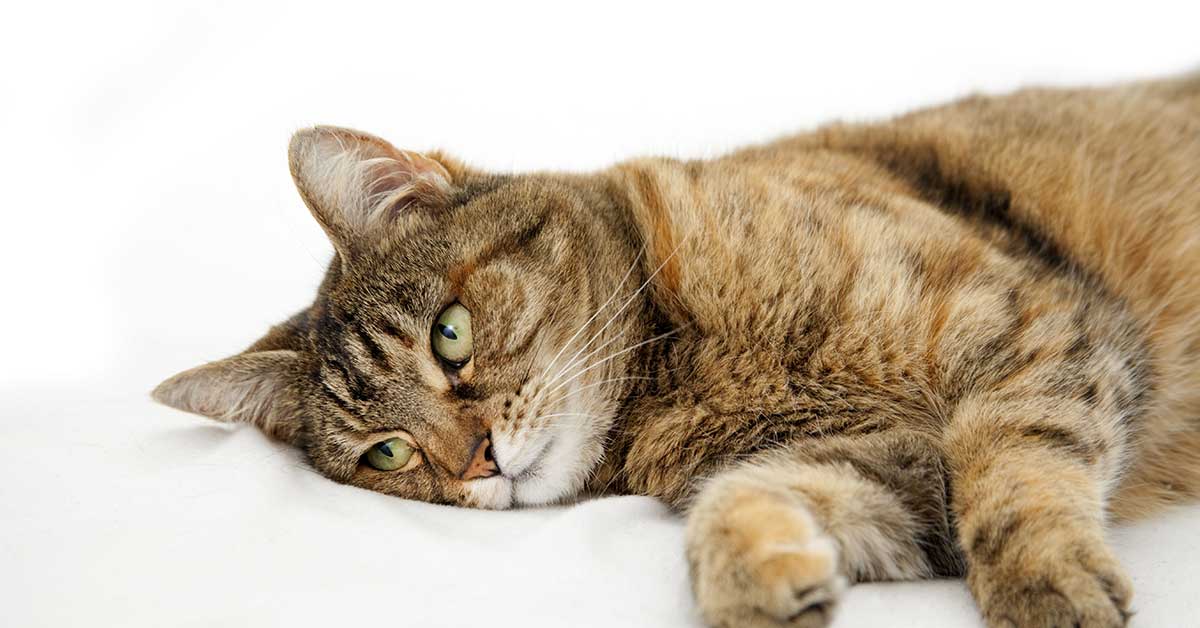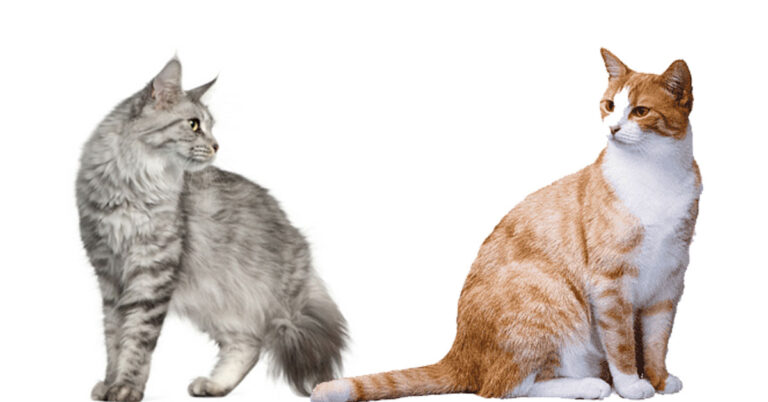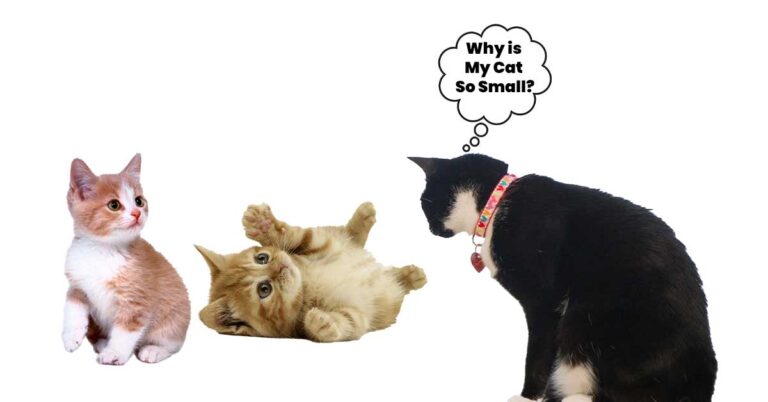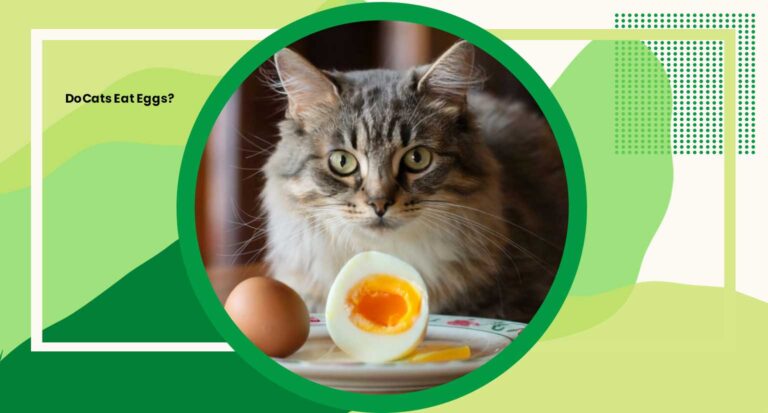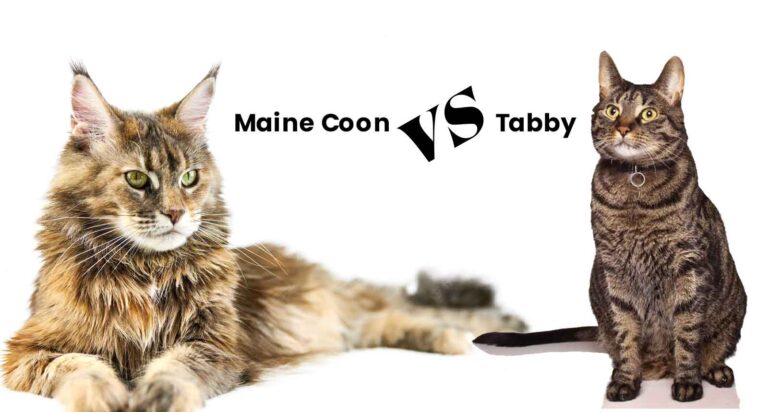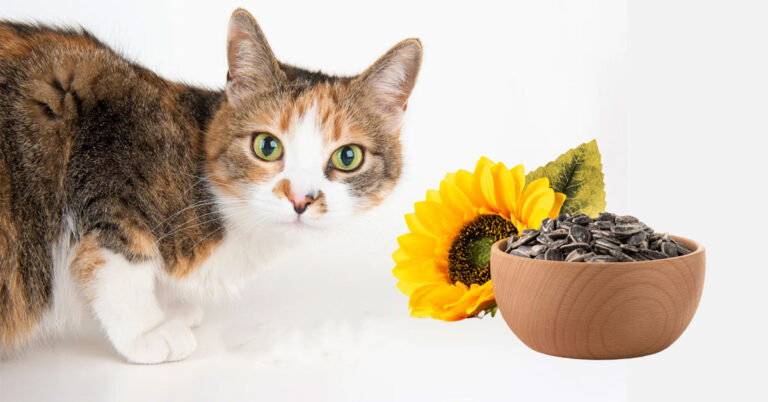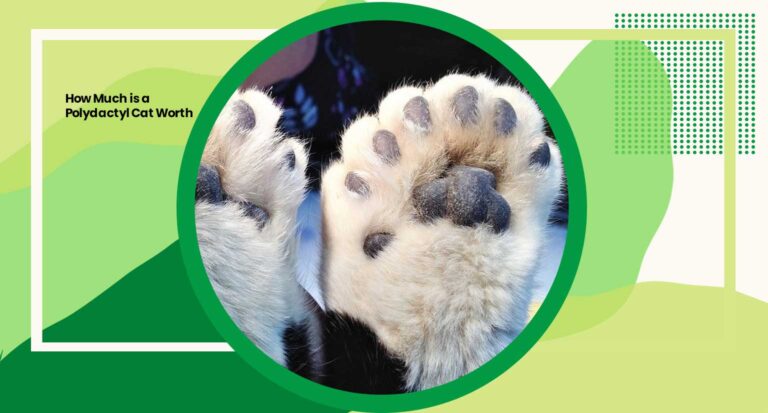Can Cats get Dizzy
Cats, renowned for their agility and grace, are capable of extraordinary feats of balance. However, like many other mammals, they too can experience dizziness.
This might seem surprising given their innate acrobatic skills, but the fact is, feline dizziness isn’t all that different from the disorientation experienced by humans.
In the following sections, we will explore the causes, symptoms, and potential treatments for dizziness in cats.
What is Dizziness in Cats
Dizziness in cats is a state where they may appear unsteady, staggered or exhibit unusual clumsiness.
It is often a symptom of problems in their vestibular system, which is responsible for maintaining body balance and spatial orientation.
This can be associated with various underlying health issues, ranging from ear infections to more serious conditions such as brain disease.
Symptoms can include not only obvious loss of balance, but also tilting of the head, rapid and uncontrolled eye movements, and even nausea.
Understanding this condition is critical to ensuring the well-being of our feline friends, and timely veterinary intervention can greatly improve the quality of their lives.
How to Recognize Dizziness in Cats
Recognizing dizziness in cats involves careful observation of their behavior and physical demeanor.
Cats experiencing dizziness may exhibit a lack of coordination, swaying, or stumbling when they move.
They might tilt their head to one side, or you might notice rapid, uncontrolled movements of their eyes, a condition known as nystagmus.
Cats might also show signs of nausea such as drooling, vomiting, or a lack of appetite. In some cases, a cat may seem disoriented or confused, displaying unusual behavior such as walking in circles or seeming to be lost in familiar surroundings.
If you notice any of these symptoms in your cat, it is important to consult a veterinarian as soon as possible.
These symptoms could indicate a serious underlying condition that requires prompt attention.
Common Causes of Cat Dizziness
Dizziness in cats can be caused by a multitude of factors, usually related to conditions that affect the vestibular system.
Ear infections, especially those affecting the inner ear, can cause inflammation that interferes with balance.
Head trauma or brain diseases like tumors or stroke can disrupt the normal functioning of the nervous system, leading to dizziness.
Cerebellar hypoplasia, a congenital condition where the cerebellum is not fully developed, can also cause balance issues in cats.
Some cats may also experience dizziness as a side effect of certain medications. Metabolic disorders like hypothyroidism or kidney disease can sometimes cause dizziness as well.
It’s also worth noting that in some cases, the cause of dizziness in cats remains idiopathic, meaning it is unknown.
Regardless of the cause, any signs of dizziness in a cat warrants immediate veterinary attention to address the underlying condition and alleviate symptoms.
Symptoms of Cat Dizziness
Cats suffering from dizziness may display a variety of symptoms that indicate a loss of balance or disorientation.
These signs may include a staggering or uncoordinated gait, often appearing as if the cat is drunk or has difficulty walking straight.
The cat might frequently stumble or fall, showing a clear inability to maintain balance. In addition to physical signs, observable changes in behavior can also signal dizziness.
The cat may tilt its head to one side, exhibit strange eye movements known as nystagmus, or even show signs of nausea, such as vomiting or a lack of appetite.
In some cases, the cat may seem disoriented, wandering aimlessly or walking in circles. Any of these symptoms should be taken seriously and warrant immediate veterinary attention.
Diagnosing the Cause of Cat Dizziness
Diagnosing the cause of dizziness in cats often involves a comprehensive evaluation of the cat’s medical history, a thorough physical examination, and various diagnostic tests.
The veterinarian might begin by asking about the onset of symptoms, their frequency, and any potentially relevant factors, like recent medication use or possible exposure to toxins.
The physical examination usually involves an assessment of the cat’s neurological functioning, such as reflexes, muscle strength, and coordination.
Specific attention is given to the eyes, as abnormal eye movements may indicate a vestibular disorder.
Diagnostic tests may include blood tests to rule out systemic diseases or infections, radiographs or magnetic resonance imaging (MRI) to assess the brain and inner ear, and in some cases, cerebrospinal fluid (CSF) analysis.
It’s important to remember that the exact diagnostic approach may vary based on the cat’s specific symptoms and overall health condition.
After the cause of the dizziness has been established, the veterinarian will suggest an appropriate treatment plan.
Treating a Cat’s Dizzy Spell and Preventing Future Occurrences
Treating a cat’s dizzy spell is primarily aimed at addressing the underlying cause. This may involve medications such as antibiotics for ear infections, anti-inflammatory drugs for inflammation, or specific treatments for other identified conditions like hypothyroidism or kidney disease.
Occasionally, if the cat experiences severe balance issues, supportive care such as fluid therapy or hospitalization may be required to ensure the cat’s safety until the condition improves.
Prevention of future dizzy spells, on the other hand, revolves around regular veterinary check-ups to monitor the health condition of your feline friend.
Regular ear exams can help detect and treat ear infections before they progress. Moreover, maintaining a safe home environment can help prevent head trauma, one of the common causes of dizziness.
If the dizziness is associated with a medication your cat is taking, discuss with your veterinarian about potential alternatives or adjustments in dosage.
It’s important to remember that treatment and prevention strategies should be individualized based on the specific needs of your cat.
Therefore, open communication with your veterinarian is crucial for managing and preventing dizziness in cats.
Related Posts:

